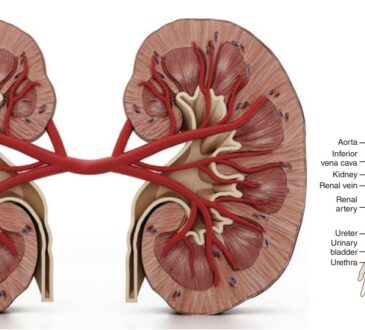
Missing out on quality sleep can negatively impact many aspects of your day, but these problems are often most noticeable during your workday. You may find it more challenging to stay focused, maintain productivity, and avoid mistakes; reduced reaction times and lack of attentiveness caused by inadequate sleep can even make ordinary daily tasks, like driving, dangerous. Here are five ways to improve your sleep quality and everyday performance, both at work and at home.
- Try Different Things
When looking for a sleeping solution, it’s essential to keep in mind that every person and every experience is unique; you may need to try out a few different options before finding something that works for you. You may also find that certain techniques or options work better at specific times, for example, depending on the season, where you are at in terms of your physical or mental health, or whether you are at home or traveling. To help keep track of what you’ve tried and how effective the solution is for you, you may want to consider making a sleep diary where you track your quality of sleep over time. You should also keep in mind that some options will need consistent practice to experience full benefits, so you shouldn’t necessarily disregard a solution if the effects aren’t immediately noticeable.
- Disconnect From Work
It can sometimes be difficult to not worry about work even after your day is done, but making a clean break can help you improve the duration and quality of your relaxation and help you get productive sleep. You can maintain a healthy work-life balance by establishing a firm end time and turning off your phone or computer when that time comes. Avoid checking work-related texts or emails while off the clock or on vacation to ensure you can enjoy adequate recovery time.
- Establish a Sleep Schedule
Going to sleep and waking up at the same time every day, even on the weekend, is a simple way to help ensure you are getting adequate sleep; most people should aim for about 7–8 hours each night, though your individual needs may be more or less than average. Your circadian rhythm and melatonin levels will be more consistent when you avoid staying up late or sleeping in, allowing you to achieve restful sleep on a regular basis.
- Avoid Caffeine & Alcohol
You should generally avoid consuming caffeine late in the day, as studies have shown it can significantly impact your sleep quality for the worse. Caffeine can often improve your energy and performance, but it also stimulates your nervous system and may prevent you from relaxing. Studies also show that caffeine can remain active in your bloodstream for 6–8 hours, so you should plan to avoid caffeine at least six hours before bed. If you still prefer to unwind with coffee, tea, or soda at the end of your day, you can choose from many decaffeinated options instead.
Alcohol can also negatively impact your sleep by worsening common sleep disruptions like snoring and sleep apnea. Your circadian rhythm and other vital functions are also disrupted by alcohol as it can cause decreases in your natural production of the human growth hormone (HGH) and melatonin at night. It is generally best to drink in moderation and avoid consuming alcohol shortly before bed.
- Talk to Your Doctor
It is essential to discuss your sleep issues with your primary care physician. They will not only be able to provide customized suggestions for you to try as an individual but can help diagnose and treat sleep disorders. Sleep apnea, for example, is a common sleep disorder affecting approximately 9% of women and 24% of men that can severely impact the quality of sleep; it causes interrupted and inconsistent breathing, and people will even stop breathing periodically throughout the night. Talking with your doctor about sleep disorders can even help you prevent potentially serious health issues like high blood pressure and heart trouble in the future.




